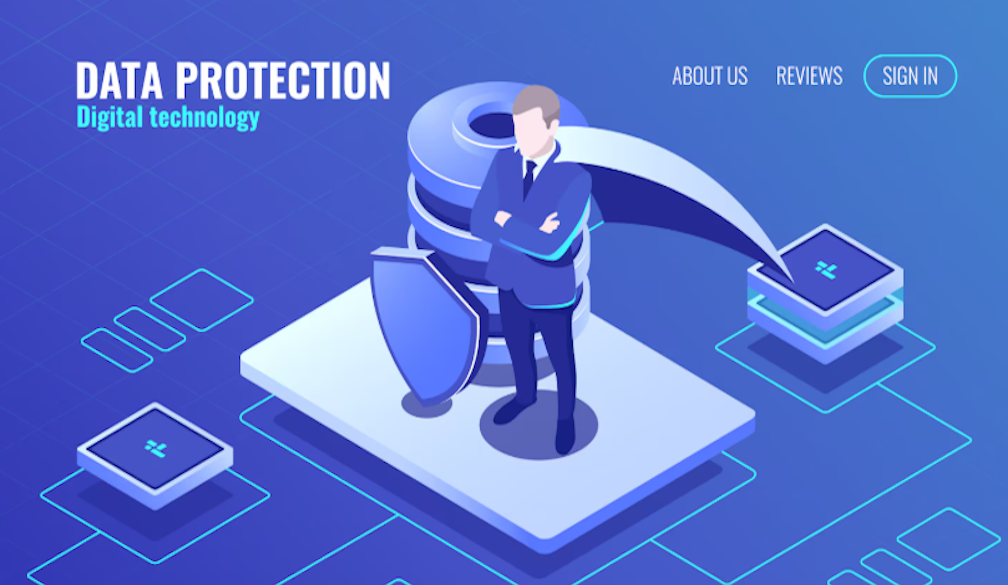What is an API Proxy? A Complete Guide for Beginners and Professionals

An API proxy acts as an intermediary between clients and backend services, handling requests and responses in a way that improves control, security, and performance. Instead of connecting directly to the backend system, users or applications interact with the proxy, which then forwards the request to the actual API. This extra layer helps businesses manage traffic, protect sensitive data, and ensure that applications run smoothly even when demand increases. You can think of an API proxy like a translator in a meeting: it passes the message accurately while adding clarity, context, and sometimes protection.
Why organizations use API proxies
Companies rely on API proxies because they provide more than just a routing mechanism. They allow organizations to manage authentication, enforce rate limits, and monitor usage without changing the backend API code. This flexibility means developers can focus on improving services while IT teams maintain strong governance and oversight. Proxies also shield backend systems from direct exposure, reducing the risk of cyberattacks. By centralizing access through a single point, businesses simplify their architecture and gain more visibility into how APIs are used across different platforms and users.
How API proxies improve security and performance
Security is one of the primary reasons for adopting API proxies. They allow for encryption, token validation, and traffic inspection before requests reach the backend. If malicious traffic is detected, it can be blocked at the proxy level, keeping core systems safe. Proxies also support caching, which means frequently requested data can be served faster without burdening the backend. This not only enhances performance but also lowers costs by reducing unnecessary processing. Imagine a busy restaurant where the waiters (proxies) handle orders and prevent the kitchen (backend) from being overwhelmed – everyone gets served efficiently, and operations remain smooth.
Key benefits of using an API proxy
The advantages of API proxies go far beyond security and routing. Here are some of the most common benefits that businesses experience:
- Centralized management of API traffic
- Simplified authentication and access control
- Improved response times through caching
- Analytics and monitoring for data-driven decisions
- Shielding of backend systems from direct exposure
This combination of benefits makes proxies an essential tool for modern digital infrastructure, especially in industries that rely heavily on cloud computing, data exchange, and application integrations.
Use cases of API proxies in real-world scenarios
API proxies are used across many industries and scenarios. In finance, they help secure transactions and protect sensitive customer data. In healthcare, proxies act as a safeguard for patient records, ensuring compliance with strict privacy regulations. E-commerce platforms use them to manage large volumes of requests during sales events, while social media applications rely on proxies to balance load and ensure smooth user experiences. Even small businesses benefit from API proxies by reducing complexity and improving application reliability.
Comparison of API proxies and API gateways
Although they are often confused, API proxies and API gateways are not the same. The table below highlights their differences in a simple way:
|
Feature |
API Proxy |
API Gateway |
|
Main Purpose |
Routes and forwards requests |
Manages, secures, and orchestrates APIs |
|
Complexity |
Lightweight |
More advanced and feature-rich |
|
Security |
Basic filtering and shielding |
Comprehensive security and policy enforcement |
|
Performance |
Caching and traffic handling |
Load balancing, throttling, and monitoring |
|
Best Use Case |
Quick API exposure with minimal setup |
Enterprise-level control and advanced needs |
Understanding these distinctions helps businesses decide which solution fits their current and future requirements.
Conclusion: why API proxies matter today
In a world where digital interactions depend on seamless and secure data exchange, API proxies play a crucial role. They offer a balance between simplicity and control, allowing organizations to protect their systems while still delivering fast and reliable services. Whether you are a developer looking for easier API management or a business leader focused on safeguarding data, integrating an API proxy into your architecture is a smart move. To explore professional proxy solutions and learn more about their applications, visit PROXYS.IO.
By acting as both a shield and a facilitator, API proxies ensure that modern systems can evolve without sacrificing performance or security.









